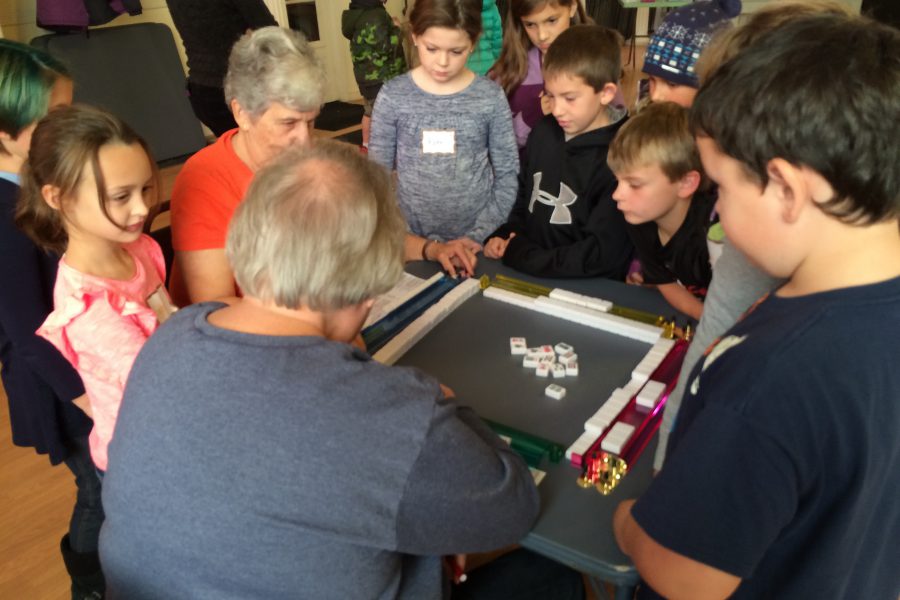
What proud parents we are when we see our children excel in school! Without a doubt, yes, we are very proud! But do we know what our children are extraordinary at, other than their academic curricula? That is where we, as parents, need to excel.
It’s imperative for us to find out what talents our children already possess or what is that they find interesting. Children start showing their likes and dislikes from a very young age. We need to figure out what their interests are and if there’s any hobby they wish to pursue. Children need to be shown the possible hobbies in which they can engage themselves. Studies have shown that children who have hobbies can actually perform better in academics. Hobbies teach children important life lessons, such as teamwork, confident social interactions, and enhanced self-esteem. The extra-curricular activities help a child develop mentally, physically and emotionally. And that is why we need to encourage our children to develop or pursue hobbies of their liking.
Have you noticed your child dancing to that hip song that just got released, or maybe singing to its tune? Ever seen them collecting different kinds of insects or butterflies? Those can be considered as signs of hobbies children could pursue.
Read onwards to know how you can encourage your child to take on something that they like.
- Observe the child’s interests and give them options as to what they can pursue: When you look at them engaged in playing games with other kids, observe that they might like playing treasure hunt, collecting discarded items and creating something out of that rubble, trying to play that guitar that you bought them last Christmas, or collecting currencies of different countries whenever or wherever they find them. Don’t sweat it if you don’t see them showing interest in anything yet. Try giving them options that you already know about. Ask them if that’s something they’d like to try. For example, cooking, designing buildings using Lego or drawing them up, hiking, reading, painting, skateboarding, etc.
- Put them into action: Try to match their liking to their interest levels. For example, if your child is into gourmet TV channels, then probably ask them if they can help you in the kitchen, maybe kneading a dough or boiling spaghetti, or ask them if they’d like to know the entire process of making meatballs. Involve them in the activities that they enjoy doing, starting with baby steps.
- Provide them with required room and tools: Once you have had a rough idea of what they like, provide them with space and the necessary equipment related to their hobbies. Every hobby requires some kind of investment to start with. But that doesn’t mean you have to make a huge investment; start off small and basic.
- At first get involved with them in their trial period and talk about how they can manage their hobbies: When kids are young and they are still figuring out if they like something, be with them and their progress with the hobby they’re pursuing. Encourage them to keep trying more and give it 100% before deciding whether it is for them or not. When they’re a bit older they will be able to understand how to manage their hobbies themselves.
- Find opportunities through different sources for the hobbies that they like: You can look out for opportunities, like at the start of a new school year when various clubs and organizations start up their activities, or when summer camps are hosted.
- Assign time for hobbies: There are certain hobbies which do not need to be assigned a time, like cooking, crafting or painting, but some of them, like hiking, trekking, cycling or gardening, need to be planned beforehand. So decide on a time for the hobbies so that your child is able to find time to pursue them.
- Be supportive of their hobby even it seems out of the ordinary to you: Your child might be interested in something that you don’t understand. In such a case, do not discourage them. Talk to them about it, so you both are on the same page and you understand their intentions without being judgemental.
- Be very careful to not get carried away in pushing your children into hobbies that are your interests: In the pursuit of finding your child’s hobby, you might stumble upon something you like immensely and unknowingly push your child to follow the same. Be cautious not to do that. However, you can model certain behavior to see if your child might want to do what you’re doing. For example, if you want to communicate that you read for fun, model it to show them that; if they like the idea, they’ll follow.
- Always respect their changing interests: It is too early for a child to decide what they enjoy doing the most. There may be phases; they start out with painting as a hobby, then might move to studying astronomy. This shift in interest needs to be acknowledged and respected. Only by trying out different hobbies does one get to know which they enjoy the most.
- Never undermine even their smallest of achievements: There is a possibility that you might not think Mine Craft is the greatest of games, but if your child enjoys it, then you shouldn’t undermine them. This will put them off from revealing anything to you in the future course of time.
Dan M. is a healthcare professional and likes to share knowledge related to fitness, wellness, parenting, and natural health.



